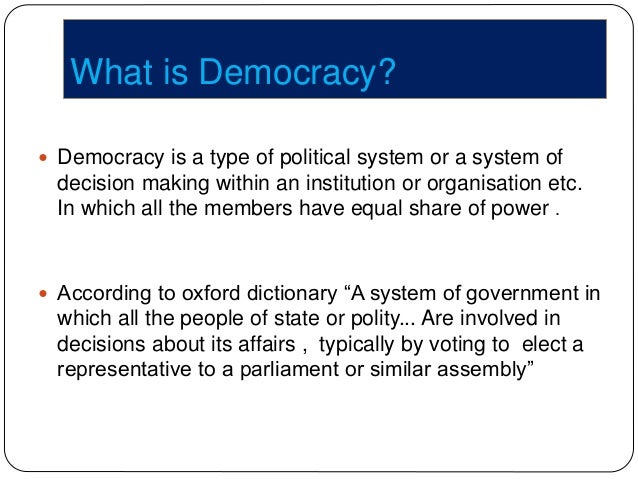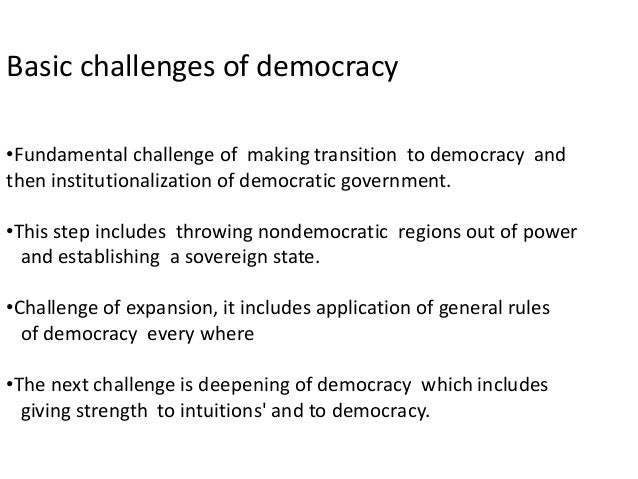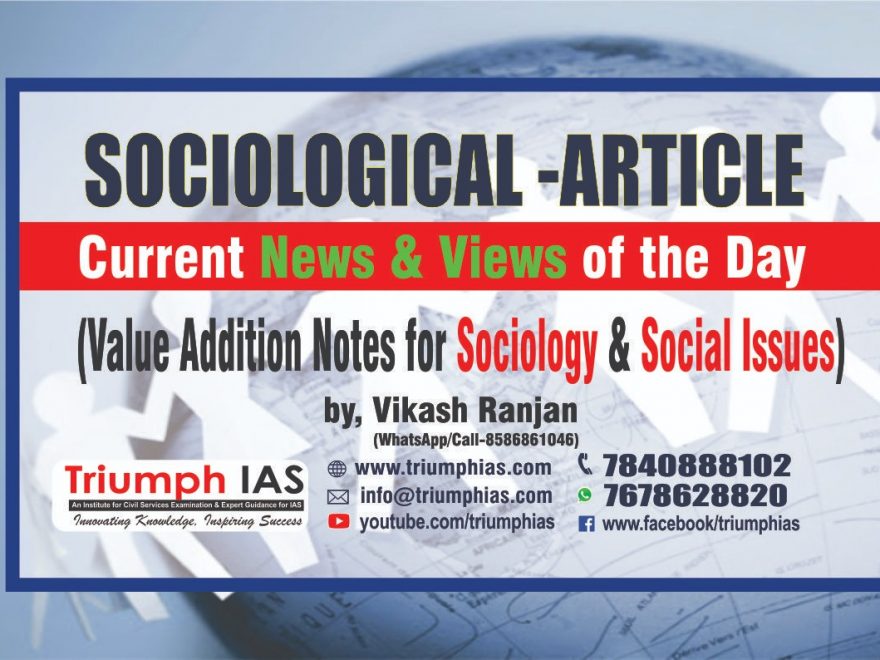COVID-19 & Democracy on a tightrope: Opinion
Relevance: G.S paper II: Polity And governance: India and its neighborhood- relations. • Bilateral, regional and global groupings and agreements involving India and/or affecting India’s
interests & Sociology: (iv) Politics and Society: (a) Nation, democracy and citizenship. (b) Political parties, pressure groups , social and political elite. (c) Regionalism and decentralization of power.
CONTEXT
Around the world, governments have introduced measures to legally justify limits on personal freedoms
Recently, the Italian philosopher Georgio Agamben showed that democracies use and abuse the idea of exceptions to justify their right to deviate away from the rule of law.

ANALYSIS
In times of emergency, the rule of law and democracy no longer go hand in hand. The UN Secretary General Antonio Gueterres warned on April 23 that the coronavirus crisis was “fast becoming a human rights crisis”, with the risk that it could “provide a pretext to adopt repressive measures for purposes unrelated to the pandemic”.
Around the world, governments have introduced measures to legally justify limits on personal freedoms, starting with the freedom of movement. These multiple and repeated restrictions risk leading to the establishment of what the Nazi era German constitutional theorist Carl Schmitt defined in his critique of liberal democracies as “the state of exception”, in which the sovereign chooses to act outside the structure of the law.
More recently, the Italian philosopher Georgio Agamben showed that democracies use and abuse the idea of exceptions to justify their right to deviate away from the rule of law.
Agamben argued that Italy’s confinement policies during the coronavirus pandemic were a disproportionate response to the emergency.

The use of exceptions
International human rights treaties are clear about which human rights must be guaranteed during states of emergency. Article 4 of the International Covenant on Civil and Political Rights refers to the existence of a “public emergency which threatens the life of the nation and the existence of which is officially proclaimed”.
It authorises countries to take measures which derogate, or deviate, from their international obligations, when the exceptional situation requires. But regardless of the circumstances, countries must protect core human rights: Right to life; prohibition of torture and slavery and judicial guarantees, including the right to a fair trial, legal personality, freedom of thought, conscience and religion. Similar provisions regarding states of emergency and the protection of human rights exist in regional conventions, such as in Article 15 of the European Convention on Human Rights.
Still, the repeated use of exceptions has, in recent years, led to proven human rights violations, with states of emergency used as a licence for repression.
For example, in 2016 in Turkey, President Recep Tayyip Erdoğan used a state of emergency to repress political dissent in ruling by decree and bypassing parliament.
In the context of the coronavirus crisis, Hungary has passed a law allowing President Viktor Orbán to rule by decree. This has raised fears of restrictions on press freedom.
Faced with the threat from terrorism, natural disasters or migration crises, the extension of executive powers can make the exception the norm. The state of emergency becomes a ‘normal’ means of government that remains in place after the crisis has passed. The repressive measures introduced in the US after the 9 / 11 attacks, for example, left a mark on American democracy by extending presidential powers to justify torture or unwarranted surveillance.
Challenges on the horizon
The EU is aware of the risk the crisis poses to justice and human rights. In France, the national human rights commission has created a new observatory to monitor the effect of lockdown measures on human rights. The UK parliament’s joint committee on human rights also stressed in late March that measures taken during the response to coronavirus must be compliant with human rights law.
Some democracies may need to prepare for legal challenges further down the line.
For example, jury trials are now being postponed all over the world as lockdowns continue. In China, courts heard trials online during the pandemic. But such a model presents serious issues surrounding the right to a fair trial and citizen’s need for justice.
The lockdowns are already having severe economic consequences around the world, which have already led to some protests in the US. And in Germany, the constitutional court ruled that people had a right to protest against coronavirus restrictions.
When the state of emergency replaces the rule of law, democracy is on a tightrope. Politicians must make sure they strike the difficult balance between repression and protection.
For more such notes, Articles, News & Views Join our Telegram Channel.
Click the link below to see the details about the UPSC –Civils courses offered by Triumph IAS. https://triumphias.com/pages-all-courses.php

